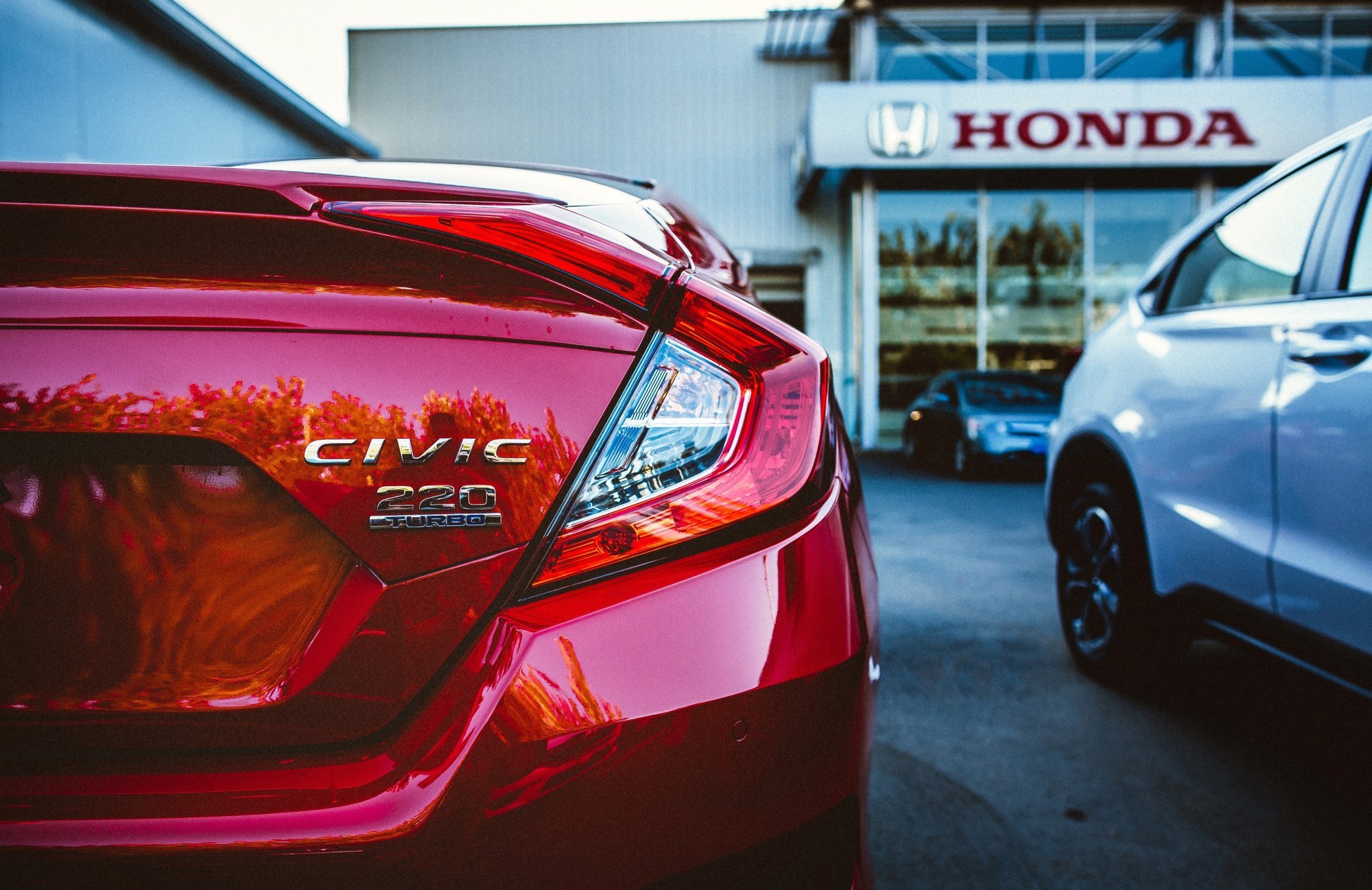Introduction
The changing consumer preferences and rapidly evolving technology set the automotive landscape for dramatic shifts.
Will electric car adoption drive prices up, or will classic cars hold their value?
Predicting car values in the future can be challenging. However, understanding the crucial factors behind the automotive landscape would help us to make informed decisions in the coming year. Let's dive deep into the twists and turns to get insights into what lies ahead.
Factors Influencing Car Values
Different factors could influence car values in 2025. Knowing these factors will provide substantial insights into future car value trends. Let's continue exploring.
Economic Conditions
Economic conditions play a significant role in determining the trends. Different factors, such as employment rates, inflation levels, interest rates, and supply and demand, greatly influence the consumers' car buying power.
In a robust economy, consumer spending goes higher, leading to increased demand for cars and boosting car values. In contrast, consumers in a weak economy don't go for big purchases, leading to declining car values. During such economic situations, consumers are more interested in cost-saving options such as used cars.
Knowing about these economic indicators would help you forecast the future trends of any product, including car values. Moreover, the Gross Domestic Product (GDP), exchange rates, and disposable income also play a vital role in the U.S. economy, affecting car sales.
Technological Advancements
In this fast-paced technological world, technological advancements also greatly influence the automobile industry. These technological advancements, in turn, impact the car values. For example, the trend is increasing for autonomous and electric vehicles (EV) and decreasing for traditional gasoline cars.
According to research reports, in 2023, global EV sales neared 14 million, most of which were in Europe, the United States, and China. These trends push the classical car prices down as EV options become more popular.
Additionally, autonomous vehicles (AVs) are evolving and reshaping the auto industry. Presently, in the U.S., there are almost 1,400 self-driving cars on the roads. It is expected that the number will increase to 33 million by 20240. So, this will greatly shift the market dynamics and vehicle valuations in the future.
Other significant advancements in the field of connectivity are becoming popular, such as the Internet of Things (IoT) and the expansion of 5G. For this reason, consumers are also inclined towards buying connected cars. These cars are offering additional services and features that greatly attract consumers.
So, these are the technological factors that play a vital role in determining the worth and demand of a car. Cars with more infotainment systems, safety features, and advanced tools are more worthy than the traditional ones that offer fewer services at higher prices.
Changing Consumer Preferences
The demands and preferences of consumers greatly influence the value of a car. However, consumer preferences continuously change with changing norms and trends. The young generation is more inclined towards eco-friendly and tech-savvy vehicles.
Moreover, the mode of purchasing has also shifted toward online purchases. Now, they research and prefer customer reviews before making any purchase decision. This stabilizes prices as the consumer is more confident and informed about buying.
The increasing awareness about environmental impacts also changes consumer preferences. For this reason, they are shifting towards micro-mobility options such as scooters, bikes, and mopeds. So, the decrease and increase in demand significantly impact car values.
Well, the luxury car market segment would remain in higher valuation because this segment consumers prefer branding and lifestyle instead of other preferences.
Predicted Trends for Valuation in 2025
If you are still confused about whether car prices will increase or decrease in 2025, we have answers for you. So, buckle up; it's going to be a bumpy ride.
The Adoption of Electric Vehicles (EV)
Electric vehicles may dominate the automobile market by 2025, with an increase in value. The boost in EV sales would continue to grow. Specifically, Europe and China are at the forefront of this growth.
Due to this growth, traditional vehicles with an internal combustion engine (ICE) would decline in value. This is because consumers prefer lower operational costs, advanced battery technology, regulatory incentives, environmental benefits, and increased charging infrastructure.
Shift Towards Eco-Friendly Cars
Global climate changes have shifted consumer preferences towards sustainable and eco-friendly vehicles. It greatly influenced the automobile industry, which resulted in EVs, AVs, and hydrogen being used as fuel.
Hydrogen fuel cell electric vehicles (FCEVs) are expected to grow significantly. The market shifted towards greener options, leading to increased value for compliant and new models. However, older models and less eco-friendly vehicles will likely decrease in value.
Increase in Autonomous Driving Technology
Another key factor affecting car values in 2025 is the rise of autonomous technology. Vehicles with advanced driver-assistance systems (ADAS) features will increase in demand. They are gaining traction even in the development phase.
These technologies offer safety, efficiency, and convenience to consumers. For these reasons, consumers are willing to pay a premium for such sophisticated technology. With technology improvement and regulatory frameworks, these autonomous cars are expected to become more common. This trend and widespread adoption will further boost its influence on car valuation.
Comparison of Trends for Used Cars and New Cars
The valuation for new and used cars is evaluated based on multiple factors such as market demand, regulatory changes, and technology adoption; let's explore them separately:
Used Cars Valuation
- The newer used cars will sustain their solid value if they possess some advanced features and low emissions.
- The used cars based on internal combustion engines will depreciate more rapidly in value.
- The policy shifts towards greener transportation will also negatively impact the value of used cars.
- However, older EV models might retain their value for budget-conscious consumers better.
- Moreover, economic factors such as inflation and interest rates will also play a positive role in the used car market.
New Cars Valuation
- Based on buyers' changing preferences, the demand for and value of technologically advanced vehicles will increase rapidly.
- New cars' market value depends on the incorporation of advanced technologies.
- The more latest developments and eco-friendly features a new model will have, the higher its cost.
- The incentives for using new electric vehicles will also positively influence the value of new cars.
Conclusion
The automotive industry is on the edge of continuous transformation driven by advanced technology and changing consumer preferences. As we approach 2025, major factors will greatly influence both used and new car values. Whether an investor, buyer, or seller, you must calculate the value based on your country's policies, budget, purpose, and preferences. Stay vigilant and adaptive to all emerging trends to make an informed decision about your future purchase.



